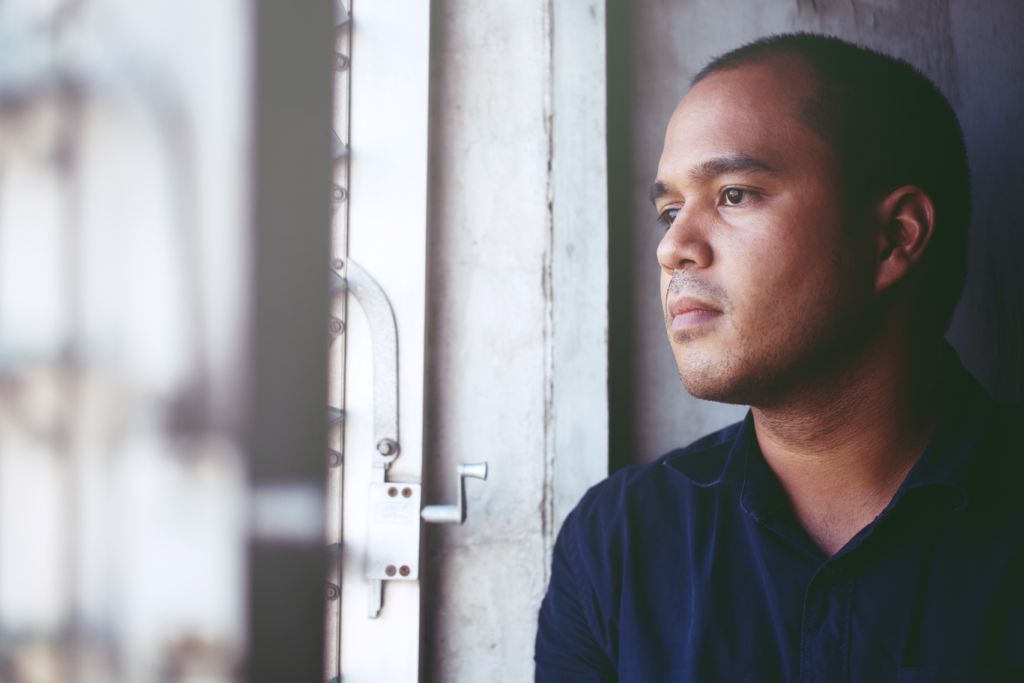Strategies to Reduce Anxiety and Depression During COVID-19
Written by: Randolph Edmead
The global COVID-19 pandemic has had profound social, economic, and health effects. A recent study found that 56% of U.S. adults reported that worry or stress related to the pandemic has caused them to experience at least one negative effect related to mental health and wellbeing. Physical distancing to reduce spread of COVID-19 increases social isolation and creates new challenges for individuals experiencing symptoms of anxiety and depression.
Some of the most prevalent concerns people have reported about managing during the COVID-19 pandemic are uncertainty about the future, not having control over the virus and its effects, and the economic ramifications of the pandemic. With widespread job loss, and the potential for the virus to cause serious illness and death, these concerns are not unfounded. The pandemic is having a significant effect on those who have not previously struggled with mental health issues, and the effects are exacerbated for those who have. As with other traumatic events, it has taken an exceptional toll on frontline health care workers and first responders.
The American Psychological Association says that it is critical to maintain social support and connections during physical distancing, and that it is important to know the signs of anxiety and depression so that individuals who may be experiencing these challenges can get timely help.
Signs of anxiety include:
- Persistent worry, feeling overwhelmed by emotions
- Excessive worry about a number of concerns, general sense that something bad is going to happen
- Restlessness, irritability
- Difficulty concentrating, sleep problems, feeling on edge
Signs of depression include:
- Lack of interest or pleasure in activities
- Significant weight loss or gain
- Lack of energy or difficulty concentrating
- Insomnia or excessive sleeping
- Feelings of worthlessness or excessive guilt
- Recurrent thoughts of death or suicide
One unexpected consequence of the COVID-19 pandemic may be that the increased media attention on the mental health effects of the crisis is helping to reduce the stigma of talking about mental health issues. A new social media campaign through , “How are You, Really?”, aims to decrease the stigma of mental health issues by encouraging people to safely share their stories to show others that they are not alone.
Tips for Staying Mentally Healthy
The Director Dr. Joshua Gordon provides 5 tips for staying mentally healthy during the COVID-19 outbreak, which are timely for individuals struggling with anxiety or depression, as well as for those who are simply looking for positive strategies to cope with the challenges of the pandemic:
- Avoid using alcohol or other drugs as coping mechanisms.
- Maintain routines for meals, exercise, and sleep. Try to stay active.
- Explore wellness programs, like meditation, yoga, muscle relaxation, or breathing exercises.
- Stay connected. Talk by phone. Chat outside while maintaining recommended social distance. Join online gatherings.
- Seek help right away if you have trouble coping or feel overwhelmed.
The Bizzell Group (Bizzell) was founded by President & CEO Anton C. Bizzell, M.D., a leading behavioral health expert and former Medical Officer for the U.S. Department of Health and Human Services (HHS). Bizzell’s recent work includes systematic, integrated approaches designed to effect lasting change in the field of behavioral health through work with the Substance Abuse and Mental Health Services Administration (SAMHSA), National Institute of Mental Health (NIMH), National Institute on Drug Abuse (NIDA), and the Centers for Disease Control and Prevention (CDC). Learn more about how we develop data-driven, research-informed, innovative solutions to advance mental health, behavioral health, and other complex-real-world challenges: https://BizzellUS.com/.

